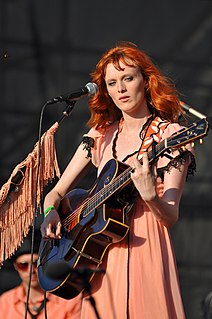A Quote by Steven Moffat
I never go online. The Internet stuff is bonkers. You must not look at it.
Related Quotes
[On the Internet and activism:] The danger of the Internet is cocooning with the like-minded online - of sending an email or twitter and confusing that with action - while the real corporate and military and government centers of power go right on. In a way, the highest purpose of the Internet is to bring us together for empathy and action. After all, the reflector cells and empathy-producing chemicals in our brains only work when we're physically together with all five senses. You can't raise a baby online.
I'm not sure Riot Grrrl would have been as big a deal if the Internet had existed back then. Because there's so much stuff on the Internet. People could have been like, oh, whatever, I'm going to go look at pictures of Barbie vaginas, you know what I mean? There's so many different things on the Internet, you read one article and then you read something linked off that article and you go down the rabbit hole.
Because of the Internet's open platform, entrepreneurs have started small businesses, innovators have created online services, and webcasters have produced a diversity of news-information sources. We must make sure that winners and losers are decided by the marketplace and not your Internet service provider.
Designing Online Communities is a must-have for anyone designing or researching online communities, particularly for learning. Owens' work is both comprehensive and eminently readable, a sweeping look at the technologies, design patterns, and cultural forms they produce that is both theoretically ambitious and grounded in examples and tools that will help you develop, research, and manage online communities.






































